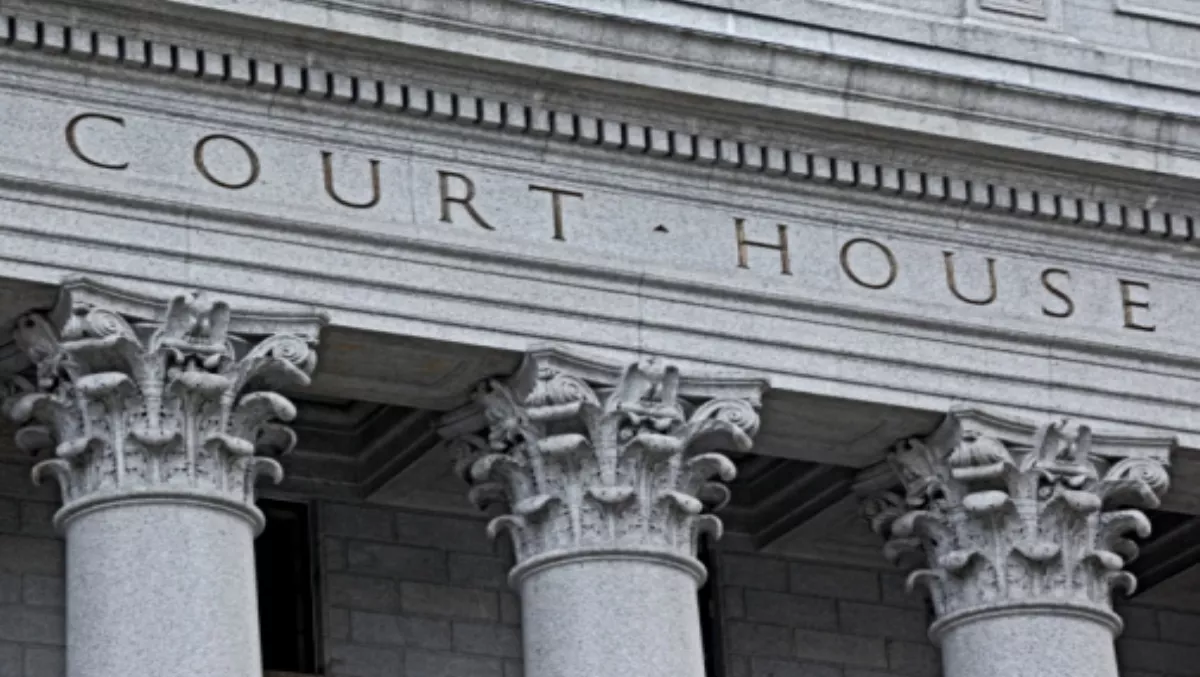
NZ legal system fails if U.S. defeats Dotcom
New Zealand's legal system will have failed if the US government succeeds in its bid to quash the court-ordered release under discovery rules of the evidence it holds relating to internet tycoon Kim Dotcom's extradition, the Court of Appeal heard today.
Counsel for Dotcom, Paul Davison QC, told Justices Terence Arnold, Ellen France and Christine French in Wellington his client needs access to information relevant to his extradition for natural justice to be served.
"It would be a failure of our legal system ... for one adversary to be fully-armed and another to be deprived of access to information," Davison said.
The judges have reserved their decision.
The US government is appealing last month's decision by Chief High Court Judge Helen Winkelmann which granted Dotcom and his co-accused Finn Batato, Mathias Ortmann and Bram van der Kolk access to the evidence to ensure they get a fair hearing.
The group faces extradition to the US amid claims their Megaupload file sharing service was part of a conspiracy to operate websites used to illegally distribute copyrighted content. The US government also alleges they conspired to launder the proceeds of that offending.
Davison told the court the extradition treaty between New Zealand and the US says an accused is subject to local law, and as such should be protected by natural justice requirements set down in the Bill of Rights Act.
"Natural justice doesn't exist in a vacuum, it exists in the real world to provide real protections for people in front of state power," Davison said.
The US government's money laundering and racketeering claims rely on Megaupload being found to have intentionally breached copyright, and the extradition hearing would have to fail if that wasn't the case, Davison said.
John Pike, counsel for the US government, said the two decisions in lower courts granting Dotcom access to evidence including millions of emails went too far, as the country seeking the extradition order only has to prove a prima facie case.
The only time a person facing extradition can seek disclosure is if the case brought before the courts is "manifestly deficient," for example by making assertions without any supplementary evidence, he said.
Speaking after the hearing outside the courthouse, Dotcom told reporters New Zealand's judicial system has shown it's independent and fair.
"The only thing I'm nervous about is the ongoing delaying tactics by the United States utilising Crown law to appeal every time we win in court and just dragging things out," Dotcom said. "If it was up to them, we would have no money for our legal defence, no evidence to defend ourselves, we would not even have our own computers back to show our own evidence."
By Paul McBeth

